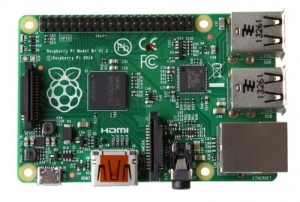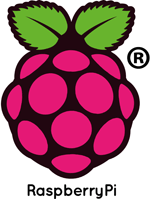Another opportunity for anyone who has the right skills and is willing to get involved
We're launching an emergency response "hackathon" this weekend to help Medecins sans Frontieres with a specific problem they're having in responding to the Ebola outbreak. They need a way to track patient information and more quickly find individual patients in their Emergency Treatment Centres. (more info in this Google Doc <https://docs.google.com/document/d/1iv5VFdSsPnYyM7DcSrO8SoMMYsKov_8MhpJMi-6njNY/edit> ) *The solution may include a Raspberry Pi or Arduino Nano element which is why I wanted to ask you if you can help or know any really good developers who we should invite to the team?* We're forming a tight team of people from the Geeklist Corps of Developers + others in our networks who we know are good, to get together and work with MSF to build a solution that works and can be rapidly deployed. So far on the team we have Pim de Witte on back-end/Java, Gil Julio on Android app, and me on UX. We're going to have a kick-off call at 9pm BST / 10pm CEST tonight (Friday) to discuss more and form the team, then we'll likely get together in London this weekend. Can you help? - Dan


